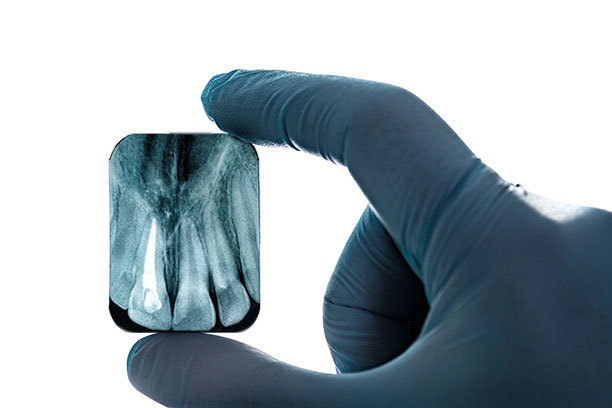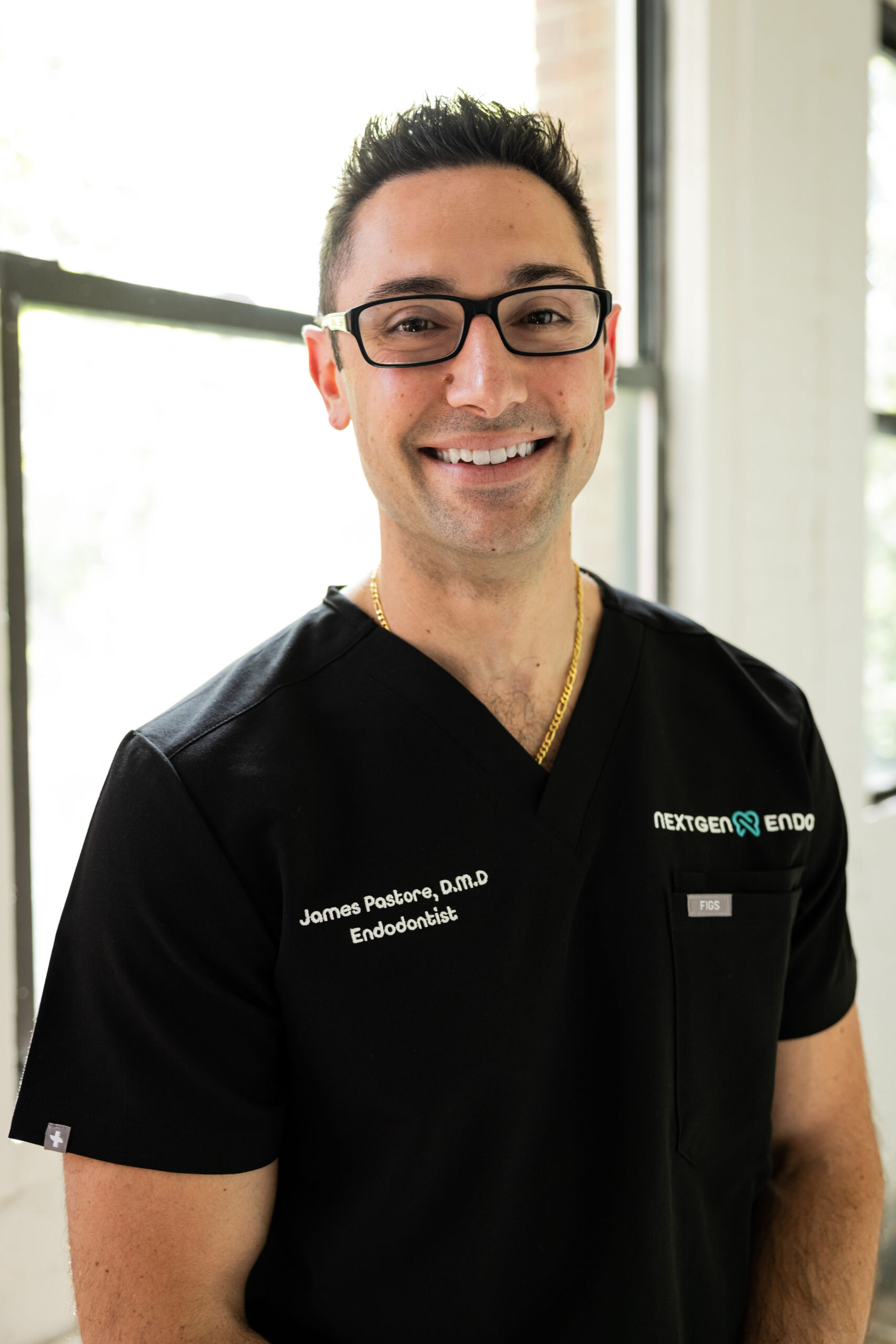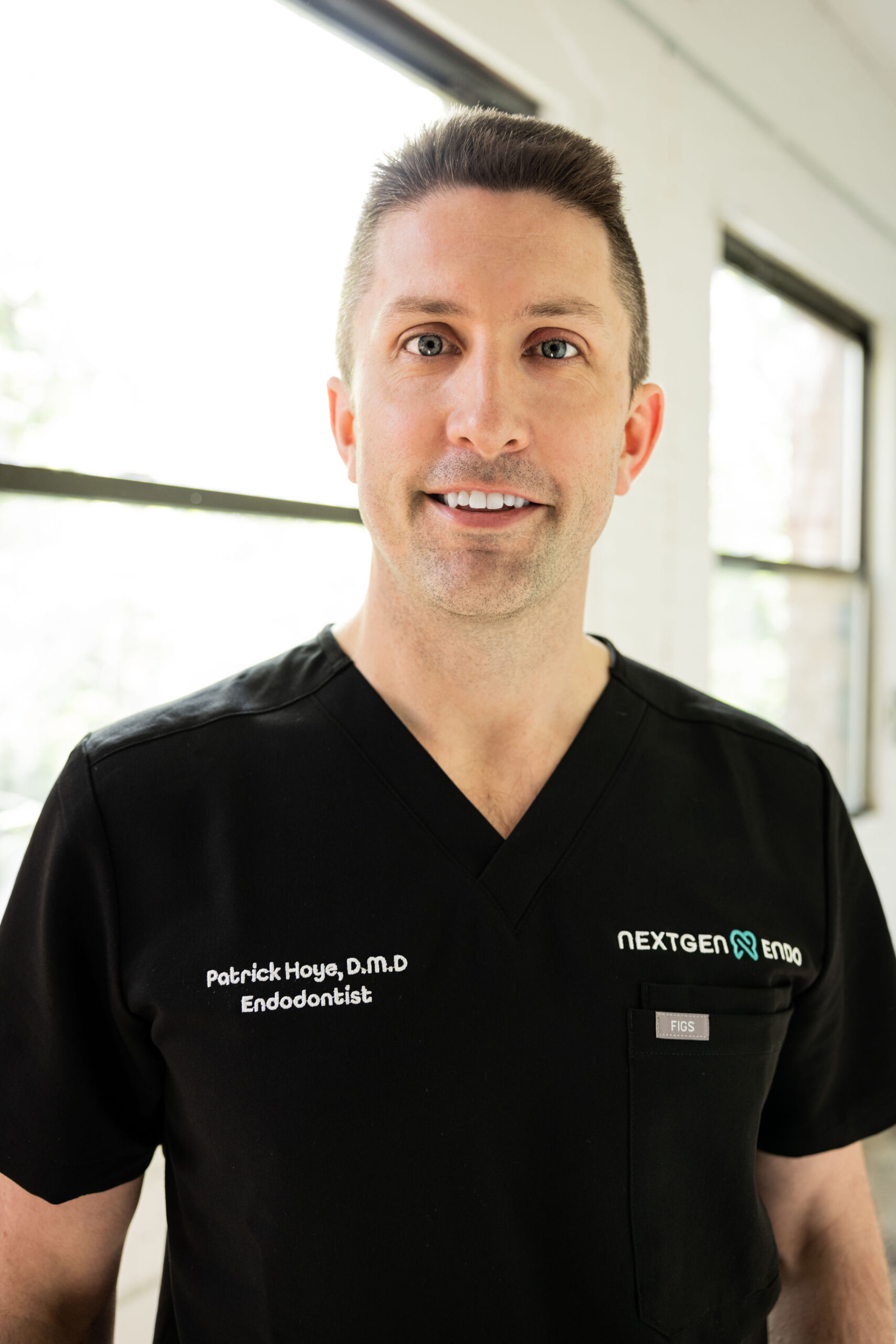An Endodontic Practice Rooted in Saving Teeth
Next Gen Endo is a network of dental experts utilizing cutting-edge techniques to deliver the best in endodontic therapy. We believe you deserve tailored treatments to fit your needs, and we are specially trained in performing complex root canals, including surgical endodontic procedures, to save your natural dentition.
Root Canal Treatment
Repairing and saving a badly damaged or infected tooth, instead of removing it.
Root Canal Retreatment & Root-End Surgery
Addressing failed root canals, where dead nerves, infected tissues, and/or an abscess are present.
Cracked Teeth & Trauma
Treating more serious problems, like cracked, dislodged, and knocked out teeth.
Meet the Experts in Endo
Easy Access To Excellent Care
Next Gen Endo provides state-of-the-art root canal treatment throughout New England. And we’re convenient, too. Visit our office in Haverhill or Middleton, or simply ask your dentist for a referral.
Our Offices
You can find our team treating patients at our home office and dental practice partners throughout the region. We offer care in the following towns and surrounding areas:
Massachusetts: Amesbury, Andover, Attleboro, Beverly, Boston, Brookline, Canton, Chelmsford, Concord, Danvers, East Boston, Groveland, Hanover, Haverhill, Malden, Maynard, Middleton, Milford, Newburyport, North Reading, Peabody, Rowley, Salem, Swampscott, Upton, Wakefield, Waltham, Wilmington, Winthrop, Woburn
New Hampshire: Portsmouth, Hampstead
Where We Work
Middleton
210B South Main Street
Middleton, MA 01949
(978) 623-4590
Monday: 8:00am – 5:00pm
Tuesday: 8:00am – 5:00pm
Wednesday: 8:00am – 5:00pm
Thursday: 8:00am – 5:00pm
Friday: 8:00am – 5:00pm
Next Gen Endo
Haverhill
62 Brown Street, #201
Haverhill, MA 01830
(978) 623-4590
Monday: 8:00am – 5:00pm
Tuesday: 8:00am – 5:00pm
Wednesday: 8:00am – 5:00pm
Thursday: 8:00am – 5:00pm
Friday: 8:00am – 5:00pm
Next Gen Endo
Root canals are a very safe, common, and standard procedure. Over 15 million are performed every year in the U.S., and 95% last a lifetime.
Refer a Patient to Next Gen Endo
It’s simple, just fill out a downloadable PDF or send us an email to [email protected].
Frequently asked questions
Let’s talk a bit about the questions we’re asked the most.
Root canal treatment is designed to eliminate bacteria from an infected tooth, prevent reinfection of the tooth, and save the natural tooth. During a root canal, the inflamed or infected pulp (soft tissue inside the tooth) is removed and the inside of the tooth is carefully cleaned and disinfected, then filled and sealed.
A root canal is necessary when the pulp (soft tissue inside the tooth) becomes inflamed or infected. The inflammation or infection can have a variety of causes: deep decay, repeated dental procedures on the tooth, or a crack or chip in the tooth. In addition, trauma to a tooth may cause pulp damage even if the tooth has no visible chips or cracks. If pulp inflammation or infection is left untreated, it can cause pain or lead to a dental abscess.
Root canal treatment doesn’t cause pain, it relieves it! The perception of root canals being painful began decades ago, but with the latest technologies and anesthetics, root canal treatment today is no more uncomfortable than having a cavity filled.
While the bacteria is no longer in your tooth following a root canal, your body may respond to this change with inflammation, which can cause pain. Most patients do not experience pain following root canal treatment, but sometimes it occurs. Pain after a root canal procedure can vary in severity and length of time, but generally lasts 3-4 days to a week. If you experience prolonged pain, discuss your case with your endodontist.
Unfortunately, dental infections do not resolve with antibiotics alone. Dental infections require some form of dental treatment (root canal therapy or extraction) to resolve completely. Sometimes your dentist will prescribe antibiotics in conjunction with endodontic therapy, but this is not always the case. Everyone’s experience is unique!
Endodontists are dentists with at least two or three additional years of advanced specialty education in diagnosing and performing root canal treatments. Because they limit their practices to root canals (endodontics), they treat these types of problems every day. Endodontists use their specialized training and experience in treating difficult cases, such as teeth with narrow or blocked canals, or unusual anatomy. They may use advanced technology, such as operating microscopes, ultrasonics, and 3D digital imaging, to perform these special services.
Utilizing modern techniques, getting a root canal today is as comfortable as getting a cavity filled. The majority of root canal patients don’t feel any pain during the procedure. If you are anxious about your root canal, we offer sedation options to help make the procedure a success. Personalized care is our priority, always.
Many dental insurance policies provide at least some coverage options for root canals. This includes dental savings plans that you may be able to buy immediately before you schedule a root canal. However, coverage varies by your specific policy. The only way to know if your dental insurance plan covers a root canal is to contact your insurance provider to request plan details related to root canals. Even if your dental insurance does not cover the complete procedure, it may cover a portion of the dental crown that many patients need following root canal treatment.
In most cases, you’ll return to your normal daily routine following endodontic treatment. Most postoperative symptoms are mild, and may require over the counter analgesics. Please note that you will experience numbness in the area of the tooth for 1-2 hours following endodontic treatment. If you have severe pain or swelling or significant pain that lasts more than a few days, please contact your dentist or endodontist.
Endodontics 101



















